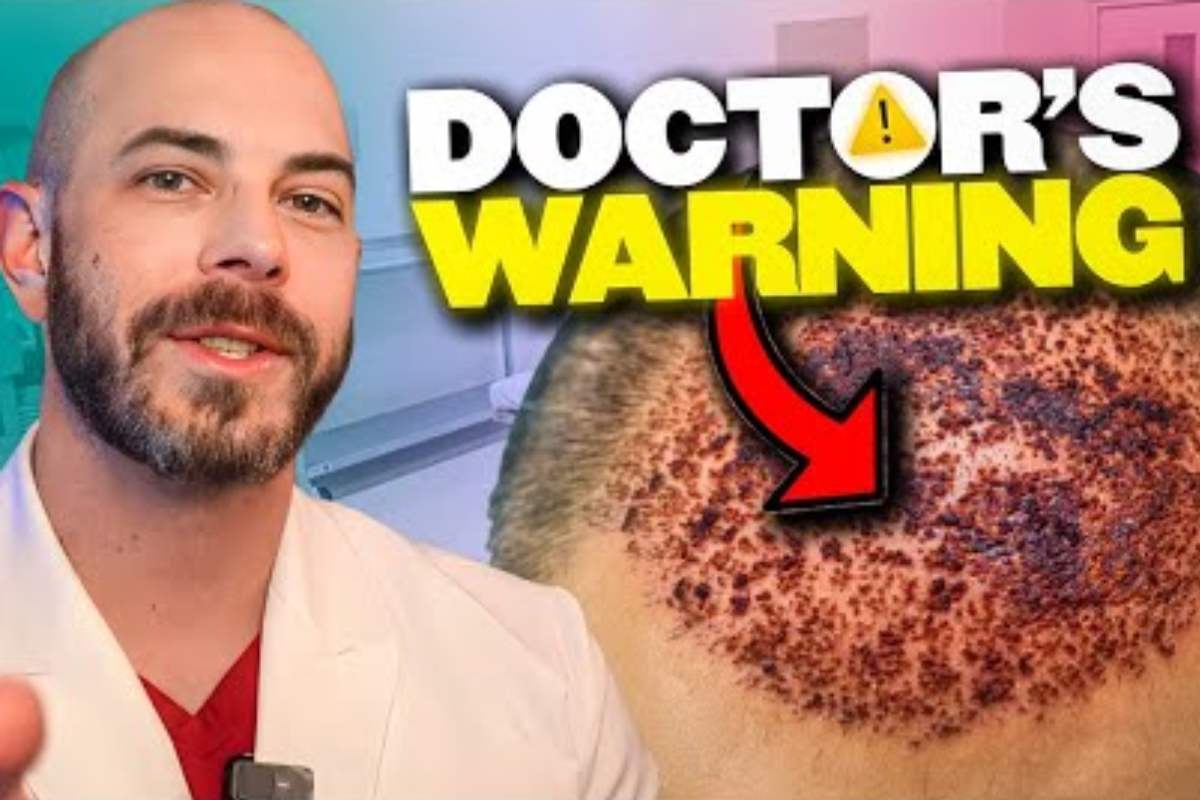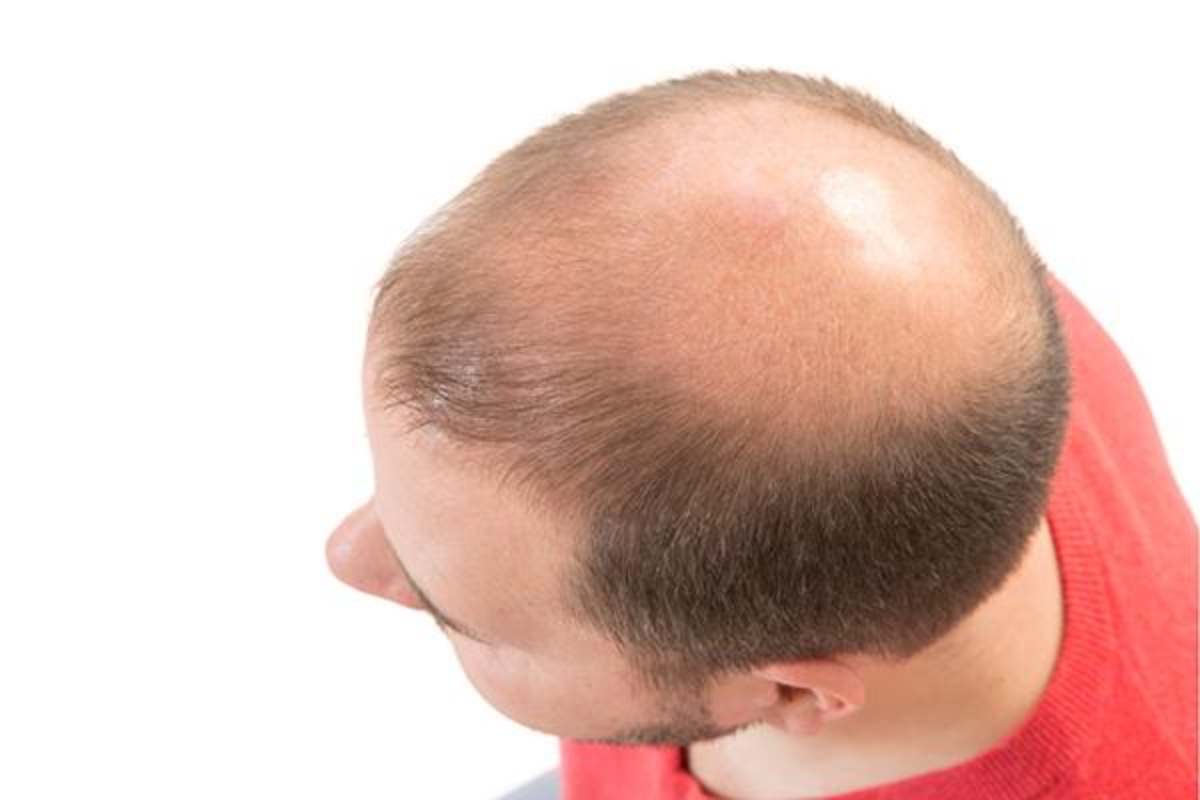It’s been over 2 years since the world began to lock down over the threat of COVID-19 yet scientists and doctors are still making new discoveries about the virus.
As new variants emerge and severity and symptoms change, preventing the spread is not as much of a concern since chances are we have all been exposed at this point and COVID is basically here to stay as just another cold virus. Thankfully, the latest variants of the virus generally have less severe symptoms, especially for those that have been vaccinated.
While the vaccine efficacy has waned with each variant, they still provide some layer of protection against severe infection which is great for those at higher risk. However, the thing that scientists and doctors are still confused about is what is causing long-Covid effects.
What is Long COVID?
Long COVID is the term used to describe ongoing symptoms that people may experience weeks to months after having recovered from the initial COVID infection.
These symptoms can include things like a persistent cough, fatigue, headaches, shortness of breath, brain fog and more, but as of late, scientists and doctors have added other ailments to the ever growing list of long COVID symptoms.
Hair loss has often been thought of to be a rare side effect of the actual COVID infection, but the truth is hair loss can be a side effect of a lot of different infections and is not directly related to a specific virus or bacteria.
Hair loss after an illness, or shortly after being sick, is thought to be caused by the stress induced by an infection in general. Temporary hair loss is known to happen after experiencing a fever which forces the hair to enter its telogen phase- or shedding phase. Having a fever can force more hair into this phase of its lifecycle, and so it could be the illness itself is causing the hair loss, or it may be the result of the body fighting off the infection and causing a fever.
Hair loss caused by a fever or severe illness from any virus is usually temporary and fortunately it will start growing back once the body has fought off the infection and recovered. However, it can months to be completely back to normal.
So how is long COVID hair loss different than hair loss due to fever brought on my COVID infection?
Hair Loss Due to Long COVID
Hair loss was recently added to the list of symptoms linked to long COVID in patients that were not hospitalized after a study was published from researchers at the University of Birmingham in the United Kingdom.
In addition to a link between long COVID and hair loss, it was also found that things like reduced sex drive and erectile dysfunction could also be related to long COVID.
This of course does not mean that if you contract COVID, you are going to experience these long COVID symptoms. The study actually found that women are more likely to develop long COVID symptoms than men, while mixed race, native American, Middle Eastern and Polynesian people were more likely to suffer from long COVID symptoms than white ethnic groups. It was also determined that smokers, the obese and those with comorbidities were also found to be more at-risk.
Most researchers and scientists aren’t exactly sure what is causing these long COVID effects in people, but some believe that it’s a combination of overlapping conditions that are occurring after the original infection.
The most important thing you can do to help try and avoid long COVID symptoms is to avoid COVID itself. Getting vaccinated, wearing a mask in certain social settings, and avoiding those who have symptoms or test positive, are great ways to avoid the virus. But since most of us have either had COVID or been exposed to it by now, having good hygiene, eating nutritious foods, and maintaining a healthy weight are the most important things for a good immune system and fighting off any infection.
And while none of those methods are foolproof, they will help limit your exposure to the virus and hopefully help prevent you from getting sick.
Here at the clinic, we have seen plenty of patients with temporary telogen effluvium from acute bouts of COVID but we have not encountered any patients complaining of hair loss that can be directly linked to long COVID side effects, but that doesn’t mean it’s not a possibility.
If you are experiencing hair loss and have questions on what you can do to help, please contact us at the Limmer Hair Transplant Center today and we’ll be happy to help setup a consultation to answer any questions you may have about hair loss.







